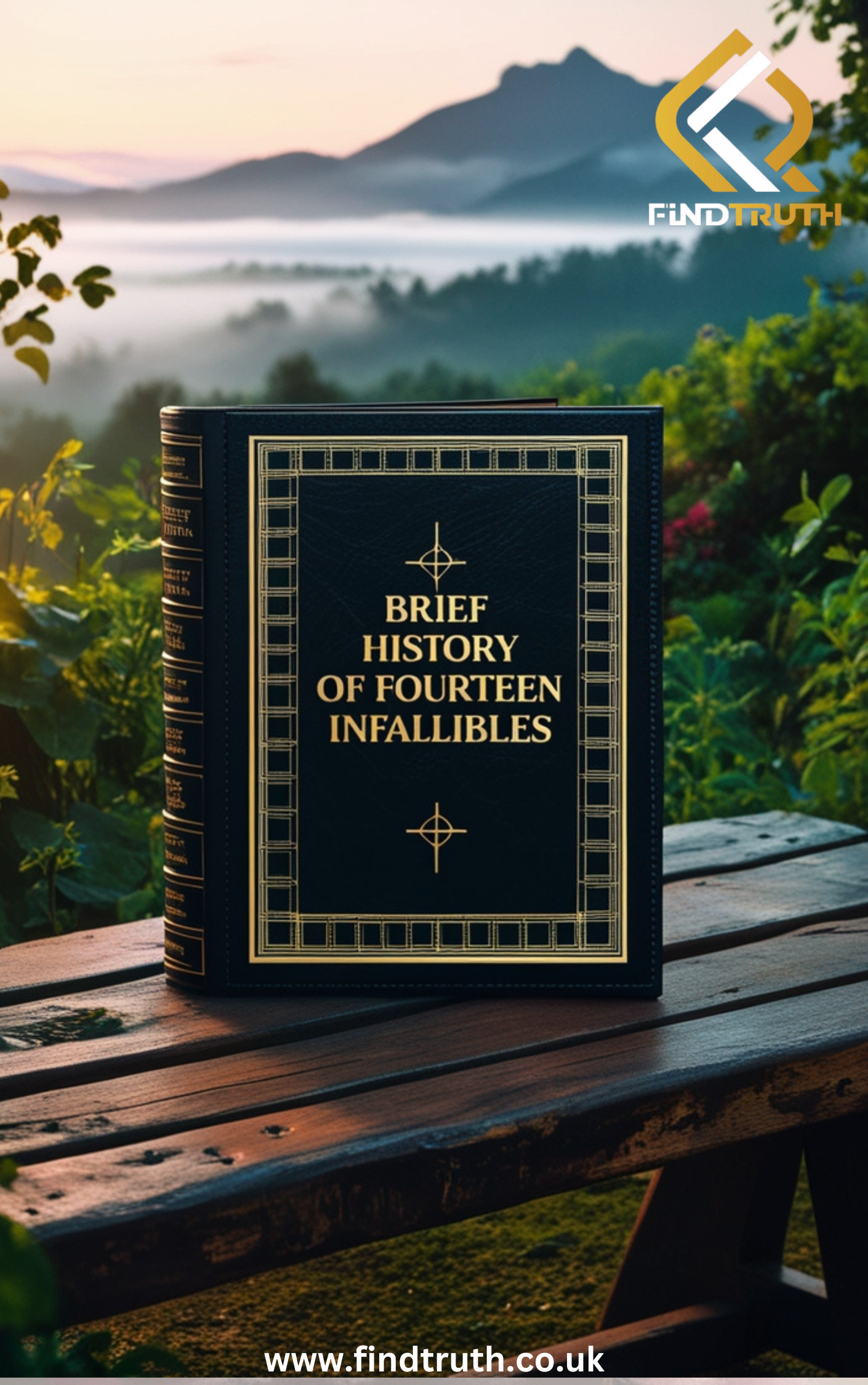Imam Ali Letter To Malik Al-Ashtar - The Richest Treasure
Imam Ali's Letter to Malik Al-Ashtar - The Richest Treasure is a detailed analysis of the famous letter written by Imam Ali (A.S), the first Shia Imam and the fourth caliph of Islam, to Malik Al-Ashtar, his loyal governor in Egypt. This letter is regarded as one of the most comprehensive documents on governance, justice, and leadership in Islamic history. It provides profound insights into how a leader should govern with justice, compassion, and moral integrity. Imam Ali's advice to Malik reflects timeless principles of ethical leadership, including fairness, respect for the rights of the people, and adherence to divine guidance. The letter also emphasizes the importance of humility, treating all subjects equally, and ensuring that the weakest members of society are protected. This book delves into each section of the letter, offering explanations and interpretations of Imam Ali's wisdom, making it an essential read for those interested in leadership, governance, and the ethical foundations of Islam











